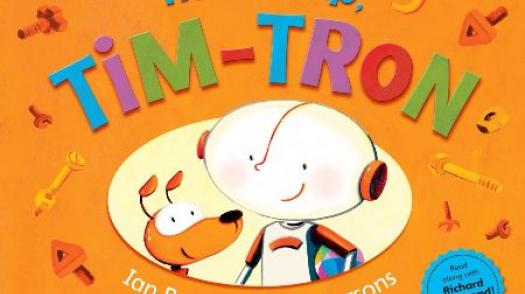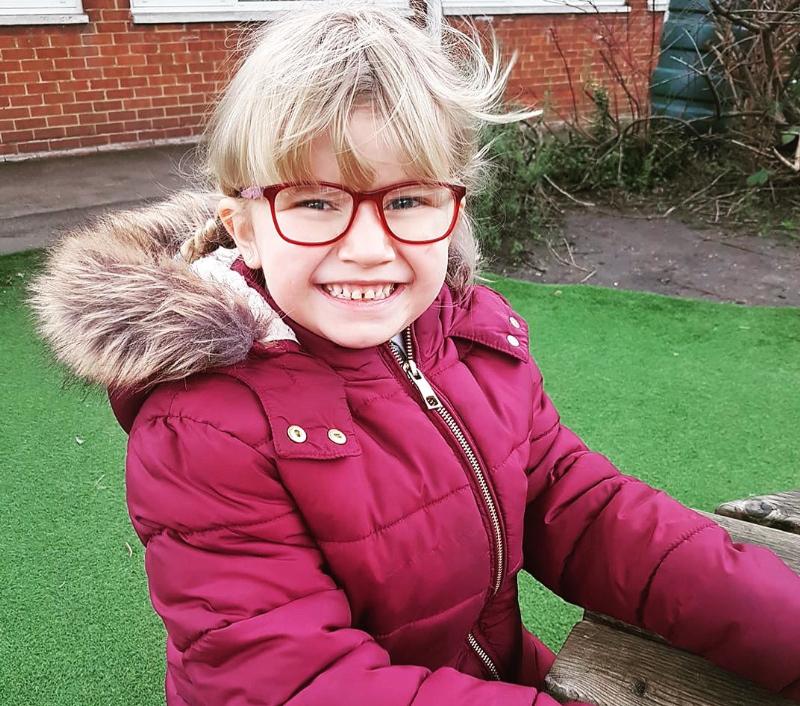
Books on brain injury
Our series of free books and resources aimed at children and families (P&P costs only).
Children with brain injury can experience difficulties with their sleep routine, which can affect their fatigue levels. Our therapist shares tips for sleep hygiene.

Sleep hygiene is the term used to talk about good practices and habits that optimise sleep at night-time.
Sleep, behaviour and mood problems are often reported by parents after an acquired brain injury (ABI). And sleep disturbance in children with brain injury can have an effect on function and participation.
We heard from The Children’s Trust’s Brain Injury Community Team (BICS) about how important good sleep hygiene is for children with an ABI and here we have collated information from our sleep pages with key information from BICS.
“Sleep is not always seen as a priority which is perhaps because it’s seen as something that can’t be changed,” said BICS' Specialist Speech & Language Therapist.
Problems with sleep include not being able to get off to sleep at night, being disturbed throughout the night or waking up properly in the morning.
Establishing a good sleep routine is important for children with brain injury and steps you can take include:
Parents can keep a sleep diary to help raise awareness of sleep patterns and changes. Cerebra has a sleep guide that covers all aspects of sleep hygiene, gives strategies for various sleep issues and offers resources.
If a child’s sleep problems continue without intervention this can then impact on parental wellbeing and decision-making.
Parents/children may need to be referred to a sleep disorder specialist for accurate identification of the sleep disorder. Cerebra have a sleep team that you can contact for support over the phone. Simply fill out their online form and they will arrange a telephone consultation with you.
Giving parents the confidence to deal with sleep issues can improve the situation.
Our therapist said: “It takes time to build a routine and to see the positive outcomes by achieving good sleep hygiene. As a child changes or gets older you may need a new approach but the main principles will be similar.”
You can find information on fatigue, sleep and relaxation and read more about sleep deprivation issues and the help you can get. You can also read sleep tips shared at The Stroke Association’s Parent Support Day.

Our series of free books and resources aimed at children and families (P&P costs only).

The Children's Trust Community Rehabilitation Service provides specialist goal-orientated neurorehabilitation delivered in the child's environment. Our ultimate goal is to maximise the child's participation in everyday life.